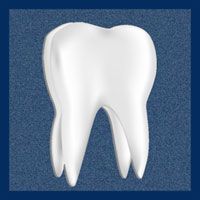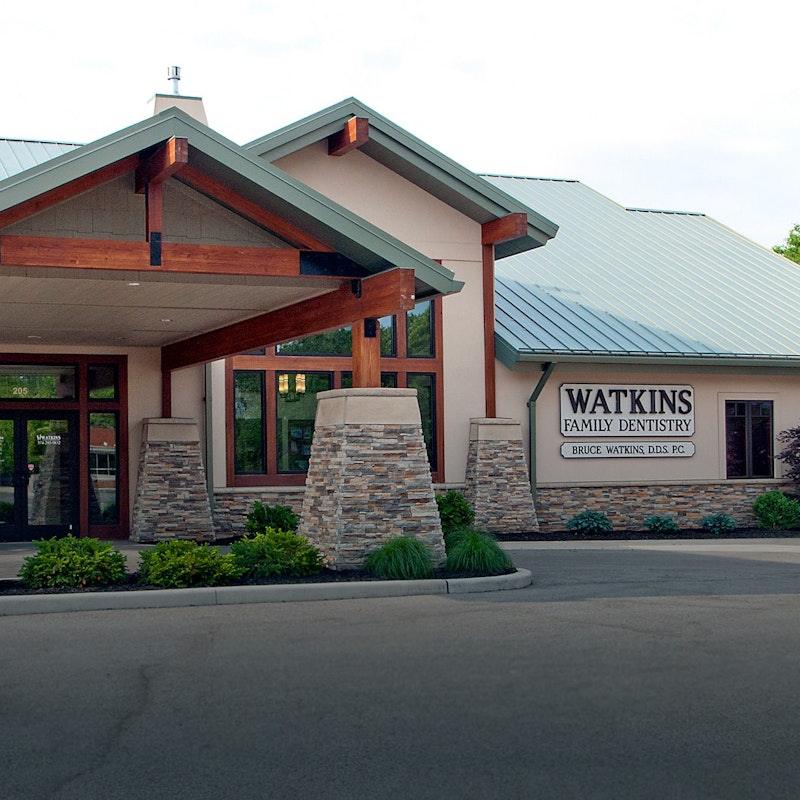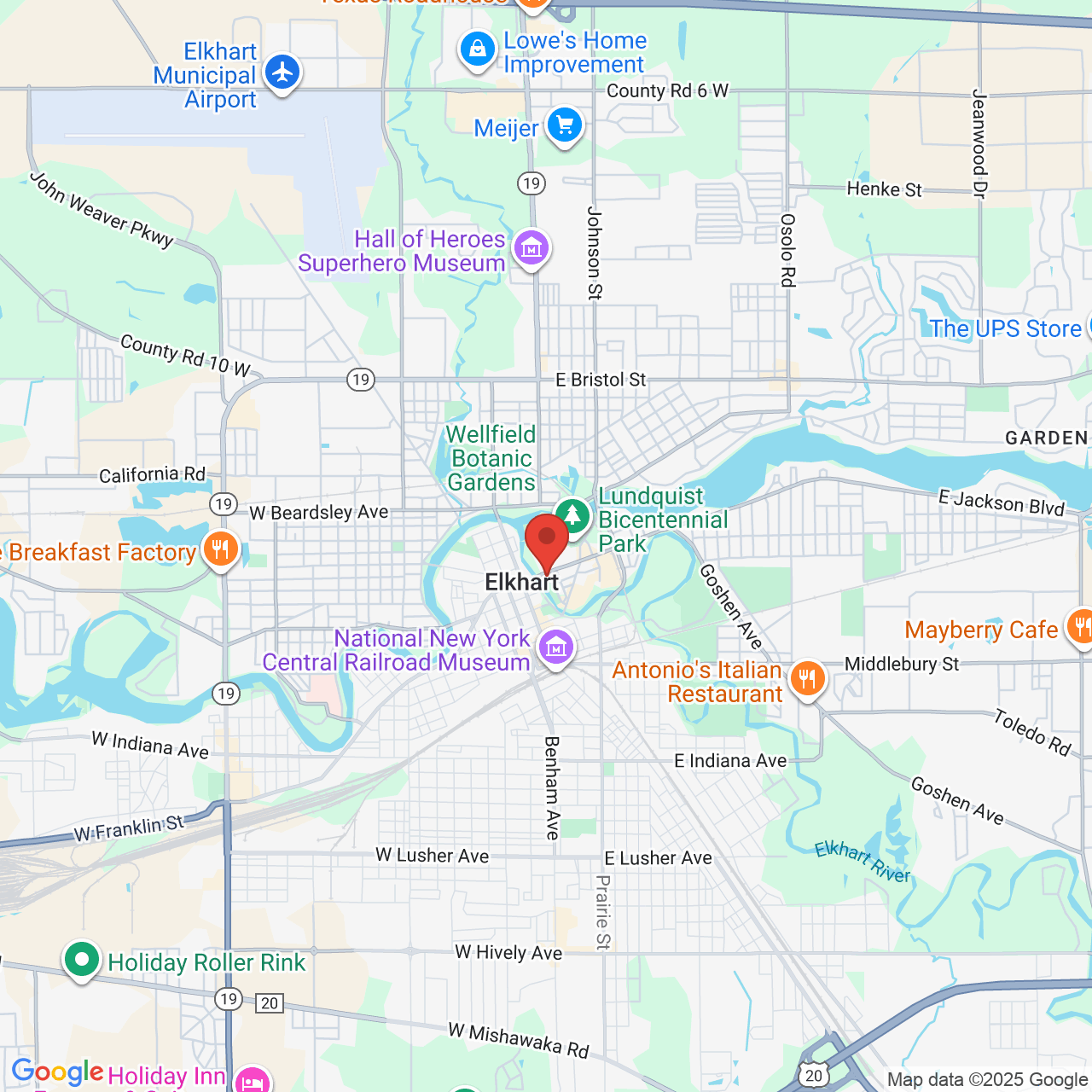Dental Crowns Restore Your Missing or Damaged Teeth
 A dental crown is a protective and supporting covering or cap for weak, fractured or decayed teeth. It is custom fitted to your existing tooth and the placed over it, locked in place with a special dental adhesive. Dental crowns are very effective ways to add strength to weak teeth, improve a smile or to lend support to a dental bridge. Crowns, sometimes called “caps,” are quite strong, very durable and will provide a natural look and feel to your mouth and smile.
A dental crown is a protective and supporting covering or cap for weak, fractured or decayed teeth. It is custom fitted to your existing tooth and the placed over it, locked in place with a special dental adhesive. Dental crowns are very effective ways to add strength to weak teeth, improve a smile or to lend support to a dental bridge. Crowns, sometimes called “caps,” are quite strong, very durable and will provide a natural look and feel to your mouth and smile.
I used to despise going to the dentist, but thanks to the level of care that Dr. Watkins and his staff provide, my anxiety has reduced to nothing! The chair-side manner and professionalism that Dr. Watkin's office exhibits goes above and beyond any of my expectations. I feel completely comfortable whether I am under conscious sedation or just discussing my next appointment. I highly recommend Dr. Watkins Family Dentistry. Thanks!Heidi | A Happy Elkhart Patient
Crowns help to preserve your natural teeth by providing a “coat of armor” for teeth that otherwise might be lost. Here are the three basic reasons that crowns are used-
- Protection and Strength: Infection, internal decay, impact, cracking and other factors can weaken teeth. In these cases, a crown can be placed on top of the weakened tooth to give added support and protection. Otherwise the tooth could simply fall apart and fail. Often a weak tooth is the result of extensive dental work, such as large dental fillings, that was done to correct tooth decay or other problems. Eventually there is inadequate remaining “tooth” and a crown does the job of covering and giving strength. For these reasons, crowns are often used in full mouth reconstruction.
- A Great Smile and Appearance:Crowns are great for cosmetic dentistry as well. Severe discoloration, a poor shape or broken teeth can all be made to look great and function naturally through the use of crowns to cover and support the teeth. In some cases a dental implant may need to be covered as well.
- Dental Bridge Support: Crowns are one of the tools used to create strong dental bridges. A bridge needs strong anchoring points to adhere or attach to, otherwise they become weak, loose and uncomfortable. A crown provides such a point, like a brick wall or post, for the bridge to attach or connect to for stability.
Are There Different Types of Crowns?
 Simple answer, yes, there are same day CEREC crowns, porcelain crowns, alloy crowns, metal crowns and even gold crowns which were a fashion statement at one time.
Simple answer, yes, there are same day CEREC crowns, porcelain crowns, alloy crowns, metal crowns and even gold crowns which were a fashion statement at one time.
Your time is very important to us. That is why we use CEREC single visit crowns for the quality, efficiency and convenience that is unsurpassed by other older dental technologies.
By far the type with the most natural look are CEREC all porcelain crowns. Our office recommends the CEREC Single Visit Crown or Partial Inlay. We can produce high strength, beautiful restoration on site in just 1 visit.
What are Dental Inlays or Onlays? Are They the Same as Crowns?
Dental inlays and onlays are not crowns, but are are sometimes referred to as partial crowns. Technically they are often referred to as “indirect fillings” and are used to restore weak or badly damaged teeth that need more than a dental filling but less than a crown.
They are custom-milled, for a precise fit, to fill a cavity or hole and then cemented into place, creating a solid structure in the tooth that adds more strength and protection than a filling would. In simple terms, an inlay sits inside the tooth while an onlay is more extensive and will cover a larger area. (One sits “in” and the other sits “on”)
At Watkins Dentistry, we have the full range of imaging and milling equipment in-house to create your custom-fit inlay or crown right in our office. This means no wait for an outside lab, a greater ability to work with you for a closer fit and savings of both time and money to you.
Curious About How Much Dental Crowns Cost? Or If Insurance Covers Dental Crowns?
The cost of crowns can vary greatly depending upon the underlying health, the location of the tooth and the type of crown used. Generally a properly done and quality crown will cost in the neighborhood of $1,200, but a full examination and evaluation is critical to properly determine the extent and cost of the procedure as well as other dental issues that may require attention. The general rule is the same for any major procedure–do it right to start with. Having to re-do crowns or crowns that don’t last and have to be replaced cause unnecessary discomfort and actually cost more in the long run.
Most dental and medical insurance plans consider crowns to be a major procedure, which means coverage will vary greatly from plan to plan. In most cases it is our experience that insurance generally covers 50% to 80% of the cost of a crown. However the terms of coverage are different for every company and policy, plus there may be wait periods and other qualifications to consider. We have years of experience with deciphering insurance policies and are happy to consult with you on what your benefits may be and in answering any questions that you may have.
One of the great benefits of our very modern office is that we have the latest in digital and diagnostic dental equipment. This is a big plus in getting claims approved as we are able to provide strong supporting information to the insurance providers.


